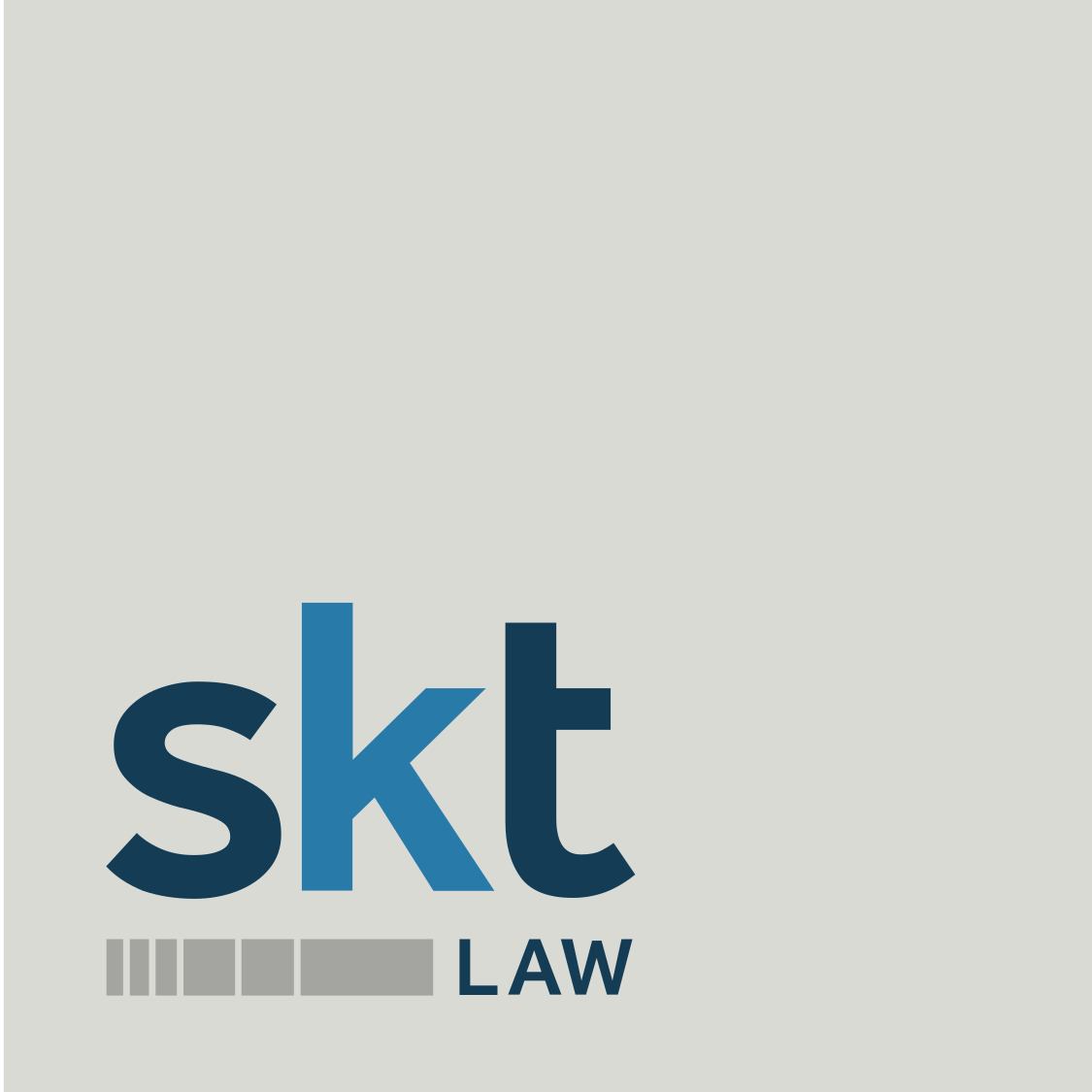Life happens. Sometimes, you or your loved ones need extra care. And if you are caring for someone, you shouldn’t have to fear losing your job. That’s where the Family and Medical Leave Act (FMLA) comes in. It’s a crucial safety net. The attorneys at SKT Law understand the importance of balancing personal needs with professional responsibilities. The Family and Medical Leave Act (FMLA) is a federal law that provides eligible employees with unpaid, job-protected leave for specific family and medical reasons. This leave can be used for a variety of situations, such as the birth or adoption of a child, caring for a seriously ill family member, or dealing with the employee’s own serious health condition.
To qualify for FMLA leave, an employee must meet the following requirements:
- They must have worked for their employer for at least 12 months.
- They must have worked at least 1,250 hours during the 12 months before the start of their leave.
- They must work at a location where their employer has at least 50 employees within 75 miles.
If an employee meets these requirements, they may be eligible for up to 12 weeks of unpaid leave in a 12-month period.
FMLA Qualifying Reasons
An employee may use FMLA leave for any of the following reasons:
- The birth of a child and to bond with the child.
- The placement of a child with the employee for adoption or foster care.
- The care of a spouse, child, or parent with a serious health condition.
- The employee’s own serious health condition that makes them unable to perform their job duties.
- Any qualifying exigency arising from the fact that an employee’s spouse, child, or parent is a military member on covered active duty or call to covered active duty status.
“The FMLA is an important law that helps employees balance their work and family responsibilities,” says Eliot Krieger, co-founder and managing partner of SKT Law. “We often see that employees don’t know their rights to take time off from work for a qualifying reason.”
What is a “Serious Health Condition”?
A serious health condition is an illness, injury, impairment, or physical or mental condition that involves either inpatient care or continuing treatment by a healthcare provider.
Inpatient care means an overnight stay in a hospital, hospice, or residential medical care facility. Continuing treatment by a healthcare provider means receiving treatment for a condition that involves more than three consecutive days of incapacity and either two or more visits to a healthcare provider within 30 days of the first day of incapacity or one visit to a healthcare provider and a regimen of continuing treatment under the supervision of the provider.
How to Apply for FMLA Leave
If you need to take FMLA leave, you should notify your employer as soon as possible. In most cases, you must provide your employer with at least 30 days’ notice before the start of their leave. However, if your need for leave is unforeseeable, you should provide notice as soon as they are able.
You may also be required to provide your employer with medical certification from your healthcare provider. The certification must state the date the condition began, the probable duration of the condition, and the medical facts regarding the condition. For more information regarding this, read our related article: Can an Employer Ask for Proof of a Family Emergency?
What Happens When an Employee Returns from FMLA Leave?
When you return from FMLA leave, you are entitled to be restored to your previous job or an equivalent job with equivalent pay, benefits, and other terms and conditions of employment. Your employer may not retaliate against you for taking FMLA leave.
“If you believe that your employer has violated your rights under the FMLA, you should consult with an attorney,” says Krieger. “An attorney can help you understand your options and can help you file a claim with the Department of Labor.”
Navigating the complexities of the FMLA can be challenging. If you have questions about your rights under the FMLA, or if you believe your employer may be violating this law, the experienced employment law attorneys at SKT Law are here to help. Contact us today to schedule a consultation and discuss your specific situation.
